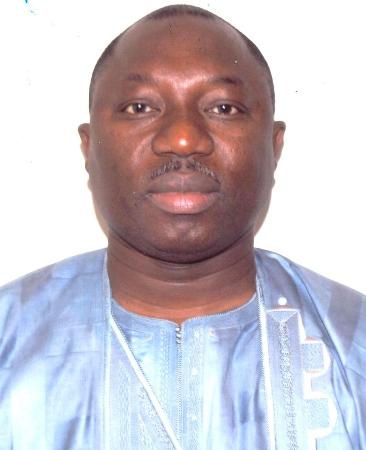
Insurance industry plays a pivotal role in economic growth and development of a nation as it aids efforts at sustaining economic growth, employment creation and poverty alleviation, says Mambury Njie, who was, until yesterday, Minister of Finance and Economic Affairs.
The health of a country’s insurance industry is closely linked to the health of its economy, he pointed out, saying that in addition to providing risks transfer services, insurance facilitates trade and commerce, mobilizes savings for investment, and ensures efficient allocation of capital.
The former finance minister’s statement was delivered on his behalf by the 1st Deputy Governor of the Central Bank of the Gambia, Basirou Njie, during the official opening ceremony of the 34th annual general meeting and educational conference of the West African Insurance Companies Association (WAICA) hosted in The Gambia by the Insurance Association of The Gambia, at the Kairaba Beach Hotel in Senegambia.
The two-day meeting (16 – 17 April) brought together about 200 insurance practitioners from all the English-speaking countries of West Africa – The Gambia,
However, Mr. Njie said the growth of the insurance industry in
Notwithstanding, Hon. Njie said the potential for growth of the insurance industry is huge, but said: “To realize the potential, the industry must offer the right products to the right segments of the market, leverage on technology to increase outreach, explore market consolidation in order to reap the benefits of economies of scale and equally important, formulate and rigorously implement code of good practices.”
He told the West African practitioners that the
He said: “In 2007, the Central Bank of The Gambia raised the regulatory capital of insurance companies. The increase of the minimum capital requirement helped strengthen the risk bearing capacity of the insurance companies in addition to enhancing their ability to underwrite big ticket risks. To protect policyholders and ensure that business is conducted safety and soundly, the industry would continue to be regulated, but in a manner that does not stifle innovation.”
For his part, the president of the Insurance Association of The Gambia, who is also the vice president of WAICA, said the theme of the conference “Professional and ethical behaviour in the insurance industry” is indeed interesting and appropriate considering the scale and scope of professional deception and ethical misconduct in our financial system in recent times.
Mr. Sarge reaffirmed that the consequences of bad business practices could very well jeopardize the collective efforts to sustain economic growth, employment creation and poverty alleviation.
He pointed out that the insurance industry continues to be challenged with issues relating to public confidence and trust.
Mr. Sarge, who is also the managing director of Prime Insurance Company Limited, said insurance market activity contributes to economic growth through financial intermediation, risk transfer and indemnification.
It promotes entrepreneurial activity and economic stability by enabling businesses to operate with less volatility, he said. Insurance also serves as an important source of long-term finance for initiatives in infrastructure improvements as well as a vector for development.
Despite these attributes, Mr. Sarge explained, the insurance profession and industry continues to suffer from an image blur, caused in part, by questionable practices and ethical violations.
He opined that a handful of reasons could be responsible for this, such as the proliferation of misleading adverts, mis-selling of insurance products by poorly schooled agents, contract ambiguities, unfair claims administration and payouts.
At the end of the conference, on Tuesday, Mr. Sarge will be installed as the new president of WAICA for one year.
The current president of WAICA, Mr. Fatai K. Lawal, who Mr. Sarge will succeed, said this year’s conference is very important in the history of the association as it focuses on the profession and ethics of insurance practitioners with a view to sanitizing members of the industry.
He thanked the executive committee of WAICA for the support given to him during his tenure as the president while urging them to give similar support to his successor.
The chief executive officer and secretary general of WAICA, William B. Coker, delivered the vote of thanks.



